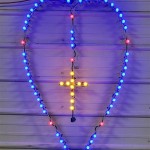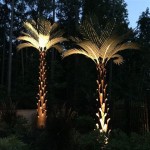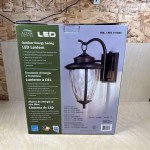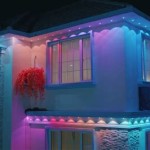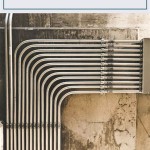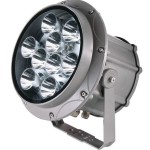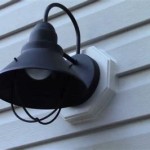Can An Outdoor Extension Cord Be Used Inside?
Extension cords are essential tools for providing power to appliances and devices when outlets are not conveniently located. While many people use extension cords indoors, the question arises: can an outdoor extension cord be used inside? The answer is not straightforward. It depends on the type of extension cord and the specific circumstances. This article will delve into the factors that determine whether an outdoor extension cord is safe for indoor use.
Understanding Extension Cord Types
Extension cords are categorized into two main types: indoor and outdoor. Each type is manufactured with specific features and components to meet the demands of its intended environment.
Indoor extension cords are designed for use in dry, sheltered locations. They typically feature thinner insulation and less robust construction, making them less durable and weather-resistant. These cords are not meant for outdoor use, as exposure to moisture, extreme temperatures, and other elements can compromise safety.
Outdoor extension cords are designed for outdoor applications, including wet conditions. They have thicker insulation, tougher jacketing, and moisture-resistant plugs, making them more durable and reliable in harsh environments. However, this does not necessarily imply that they are safe for indoor use.
Safety Considerations for Indoor Use of Outdoor Extension Cords
While some individuals may think using an outdoor extension cord indoors offers added protection against potential hazards, this is not always the case. Using an outdoor extension cord inside carries certain safety risks that should be taken into account:
Potential Risks of Using Outdoor Extension Cords Indoors
Outdoor extension cords are designed for use in potentially hazardous conditions, including dampness and exposure to water. This means they are equipped with thicker insulation and more robust construction to withstand these elements. However, this increased durability comes with a trade-off. Outdoor extension cords are generally thicker and heavier than their indoor counterparts, making them less aesthetically pleasing and potentially more cumbersome to use indoors.
Furthermore, the thicker insulation and heavier construction of outdoor extension cords can make them less flexible and more difficult to manage. This can pose a trip hazard, especially if the cord is run across walkways or in high-traffic areas. The thicker insulation can also make it harder to plug the cord into outlets, and the larger plugs may not fit into some standard wall outlets. Finally, outdoor extension cords are typically more expensive than indoor extension cords. If you only need to use an extension cord indoors, there is no need to spend extra money on an outdoor-rated cord.
In summary, using an outdoor extension cord indoors can be a safety hazard due to potential trip hazards, incompatibility with standard outlets, increased cost, and aesthetic concerns. While it may seem like a good idea to use an outdoor extension cord for added protection, the risks outweigh the benefits in most indoor situations.
Can You Use An Outdoor Extension Cord Indoors What Are The Differences Between Indoor And Cords Quora

Extension Cord And Power Strip Safety

Outdoor Extension Cord Safety Tips

How To Tell If An Extension Cord Is For Outdoor Use

Extension Cord Mr Stone Llc
Can You Use An Outdoor Extension Cord Indoors What Are The Differences Between Indoor And Cords Quora

Twist And Seal Cord Protect Outdoor Extension Cover Plug Protection Black 2 Pack Tscp Bk 2pk Pb The Home Depot

Hyper Tough 25 Ft 16awg 3 Prong Green Single Outdoor Extension Cord 13 Amps Com

25ft 12 3 Sjtwflexzilla Prooutdoor Extension Cord Prime Wire Cable Inc

Noma 32 Ft 10 In 16 2 Outdoor Extension Cord Flexible 1 Green Canadian Tire
Related Posts
